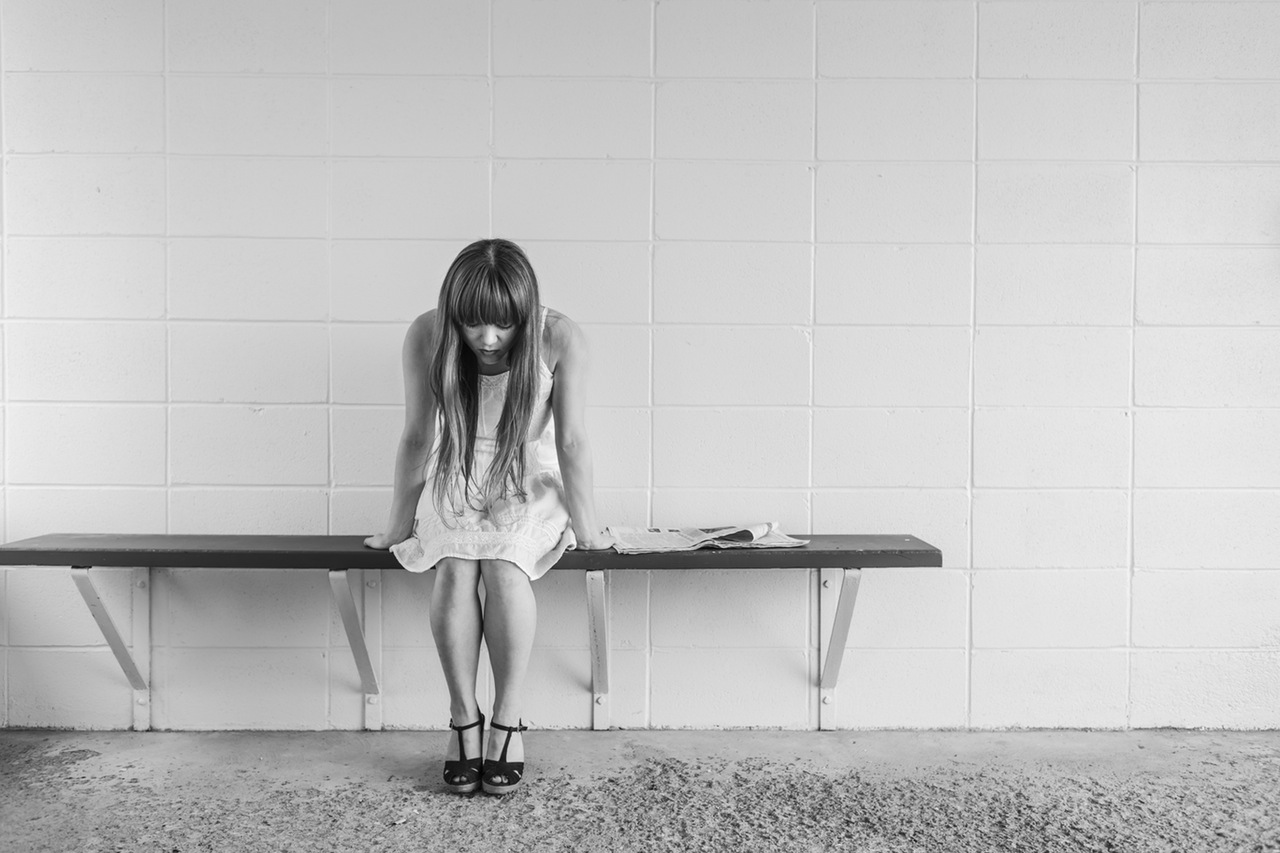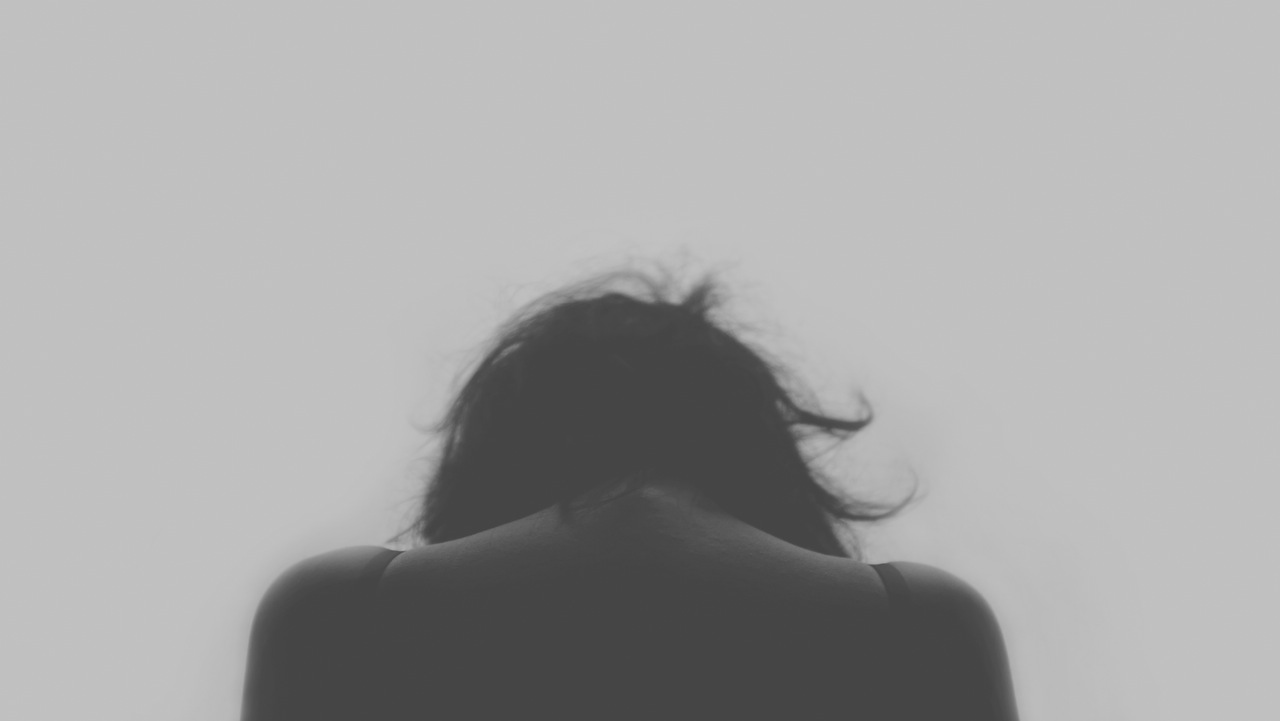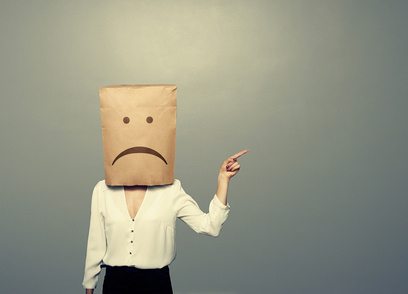
How Depression & Anxiety Go Hand in Hand
While depression and anxiety are two very separate mental health issues, they often go hand in hand with one another. Anxiety can lead to depression; depression can lead to anxiety. Depending on the severity of one thing or another, they can be crippling to those suffering from these forms of mental illness. Let’s look at how depression and anxiety play on one another and how to get treatment for them. Why Depression and Anxiety Go Hand in Hand More than half of people who suffer from bouts of depression also suffer from anxiety. Sometimes it’s two different disorders, sometimes it’s triggered by one or the other. When you’re feeling down from depression, it’s easier to let the world around you make you nervous. Talking to other people, going to work, heading to classes, and just visiting family can feel you with crippling anxiety. Over time, without treatment, you can develop an anxiety disorder triggered by the way depression makes you feel. Here are some signs you may be suffering from depression and anxiety: Irrational fear and worry about the world around you Physical symptoms, such as headaches, fatigue, difficulty breathing and rapid heartbeat Insomnia and other troubles sleeping Loss of interest in activities you once enjoyed or those activities cause panic attacks Difficulty remembering things and making decisions Inability to relax, even under normal circumstances Panic attacks Everyone experiences mental illness symptoms differently. If you see some of the above, or others, it may be time to get help. Whether you notice the symptoms yourself or someone who cares about you does, heed the warning signs. Anxiety and depression are treatable forms of mental illness. With medication, therapy, and other forms of intervention, you can overcome both. Whether you suffer from depression and have anxiety or vice versa, a qualified therapist can help you identify the symptoms and situations that make it worse. From there, it’s a matter of learning how to cope and what works best to get you over the hump. Once you have the tools at your disposal to handle depression and anxiety, you can begin living a more normal life and get back to enjoying the life you lead again.




